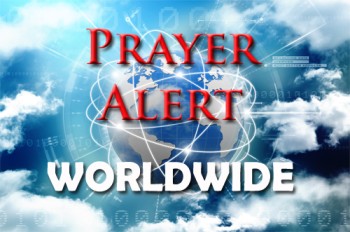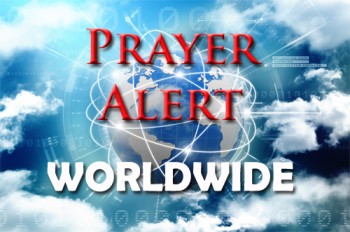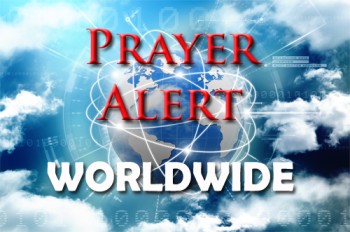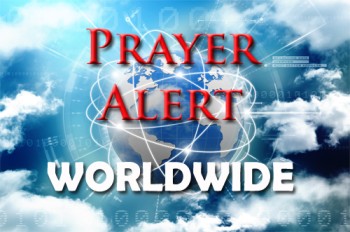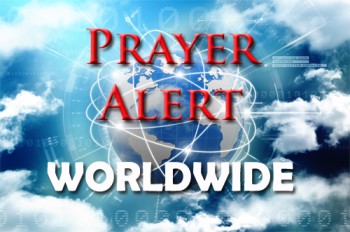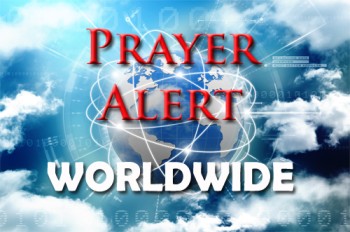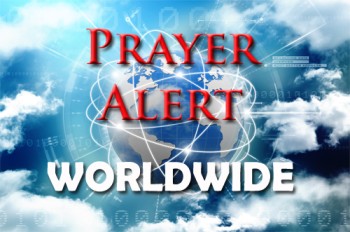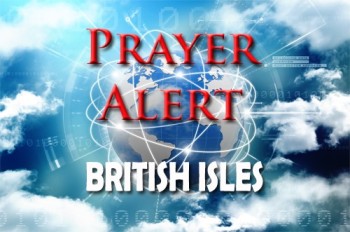USA: Biden under pressure to do more after school shooting claims 21 lives
On 24 May, 18-year-old Salvador Ramos entered Robb Elementary School in Texas, armed with a handgun and a rifle. He killed nineteen pupils and two teachers before he himself was shot dead. This was the deadliest school attack for a decade. Amid the outpouring of shock and grief, Joe Biden asked, ‘Why do we keep letting this happen? Why are we willing to live with this carnage?’ This tragedy has reignited the debate about guns, particularly since there had already been 27 other school shootings this year. Since his election, the president has made a number of pledges to tighten legislation, but he faces an uphill battle to convert any of them into action, given the fierce opposition from the Republicans and the powerful gun lobby.
North Korea fires missiles just after Biden leaves area
On 25 May North Korea test-fired at least two ballistic missiles, just a day after Joe Biden left the region. One flew about 300 km, the other 750 km: they were the latest in a flurry of such launches in 2022. Japan’s defence minister said they were ‘unacceptable’, and South Korea called them ‘a grave provocation’.' Mr Biden visited both those countries, and agreed with the South Korean president to hold bigger military drills and deploy more US strategic assets if necessary, to deter North Korea’s intensifying weapons test.' He said that the USA was ‘prepared for anything North Korea does’.
Ecuador: indigenous activists battled mining with drones
Two activists who successfully fought against mining on their ancestral lands have won an international environmental prize. Alex Lucitante, 29, and Alexandra Narváez, 32, led the Cofan indigenous community which used drones and camera traps to collect crucial evidence in securing a legal victory which resulted in 79,000 acres of rainforest being protected from gold mining. In 2017, they found out that the government had issued 20 mining licences, with 32 more waiting to be approved. After a legal battle which lasted almost a year, the community achieved a remarkable victory. A provincial court ruled that the authorities had failed to seek the consent of the Cofan, nullified both the existing and pending licences, and ordered that the mining activities be stopped.
Iraq: rice crop threatened by drought
Drought is threatening the Iraqi tradition of growing amber rice, a key element in a struggling economy. This variety of rice, which takes its name from its distinctive scent, is widely used, but after three years of drought amber rice production will be only symbolic in 2022, forcing consumers to seek out imported varieties and leaving farmers pondering their future. Rice fields normally stay submerged all summer, but that’s a luxury Iraq can no longer afford. The country’s available water reserves are well below the critical level. Officials have limited total rice crop areas to 1,000 hectares; the normal quota is 35,000. The water shortages have also led to reduced quotas for wheat farmers. Last year, the agricultural sector contracted by 17.5%, according to the World Bank.

